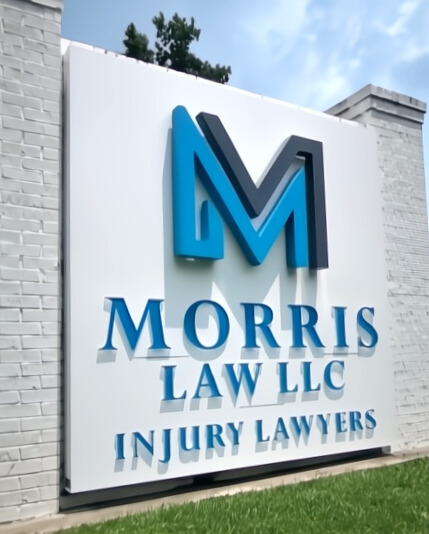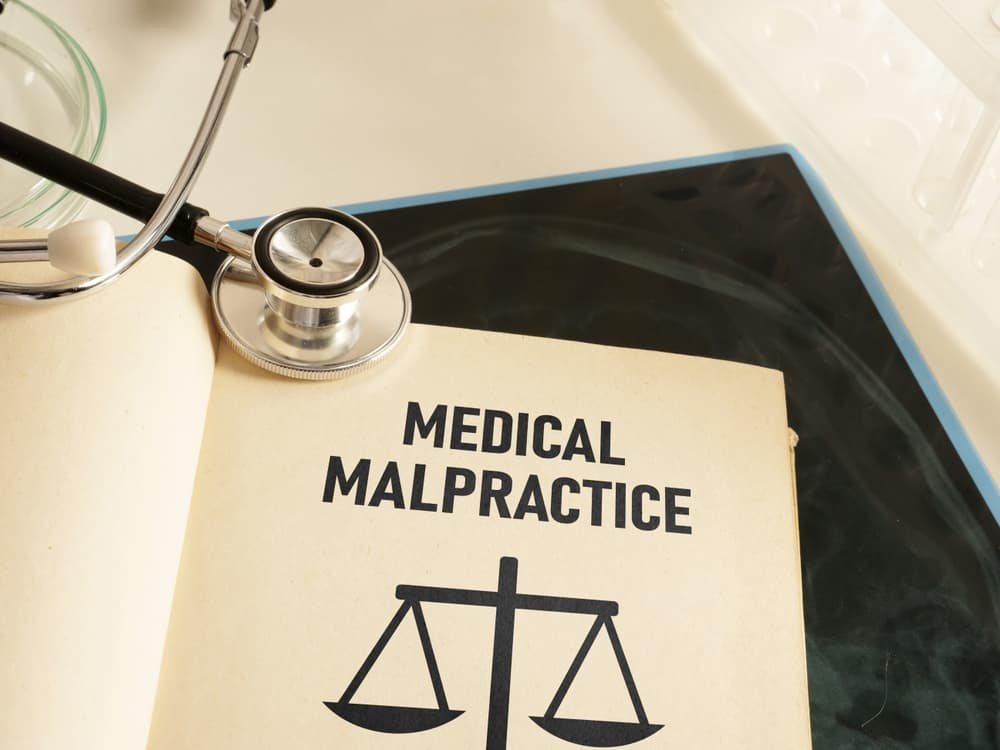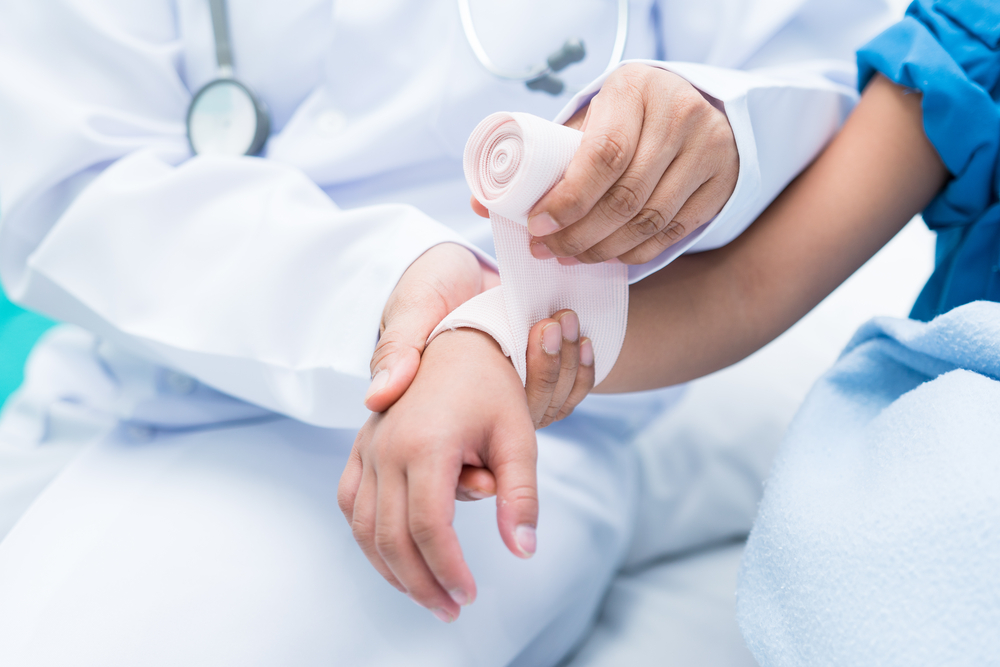A life can change in an instant when a prescription or over-the-counter drug causes harm instead of healing. Dangerous drugs can lead to serious health issues, unexpected side effects, or even death.
If you or a loved one suffered harm after using a dangerous drug, you might be wondering how to file a claim to seek compensation for your injuries. The following is a look at the process of filing a dangerous drug claim, providing clear steps and considerations to help you take action. Working with a South Carolina personal injury lawyer can significantly aid in this process, helping you secure the compensation you deserve.
Call now for free consultation
How do I file a dangerous drug claim?
To file a dangerous drug claim, act quickly to ensure evidence preservation and adhere to the statute of limitations, and follow these steps:
What Makes a Drug Dangerous?
Nearly 50 percent of Americans report they take at least one prescription drug daily. That means more than 160 million people in the US face significant risks from dangerous drugs.
A dangerous drug causes unexpected harm to a consumer, either through side effects, improper labeling, manufacturing defects, or undisclosed risks. These drugs can be prescription medications or over-the-counter products that were supposed to help but instead led to injury or illness. Some of the problems that make a drug dangerous include:
Side Effects and Adverse Reactions
Some drugs come with side effects that are more severe than initially disclosed or not disclosed at all. These adverse reactions can range from mild to life-threatening, and in some cases, they can cause permanent damage. When manufacturers fail to communicate a drug’s side effects to consumers properly, that drug can be considered dangerous.
Manufacturing Defects
Manufacturing defects occur when a drug is not made according to the specifications, leading to contamination, incorrect dosages, or other issues that make the drug unsafe. These defects can happen at any stage of the production process and can turn an otherwise safe drug into a dangerous defective product.
Inadequate Warnings or Instructions
Sometimes, drugs are dangerous not because of their chemical composition but because of the way they are labeled. If a drug’s packaging does not provide adequate warnings about potential side effects or proper usage instructions, consumers might misuse the drug or be unaware of the risks, leading to injury.
Identifying the Responsible Parties
Filing a dangerous drug claim involves identifying the parties responsible for the harm caused by the drug. A South Carolina defective products lawyer can hold multiple parties liable, depending on the circumstances of your case. These include the following:
The Drug Manufacturer
The drug’s manufacturer is the most common party held liable in a dangerous drug claim. If the manufacturer failed to ensure the drug’s safety, conduct adequate testing, or properly disclose the risks, they can be accountable for any resulting harm.
The Distributor or Pharmacy
Distributors and pharmacies can also be liable if they improperly handled the drug, leading to contamination or other issues that made it dangerous. In addition, if a pharmacy fails to provide proper instructions or warnings when dispensing a drug, it might be responsible for any harm caused.
The Prescribing Doctor
In some cases, the prescribing doctor might be held liable if they prescribed a drug that was not appropriate for the patient or if they failed to warn the patient about the drug’s potential risks. However, these cases are less common and often involve a combination of medical malpractice and product liability law.
Documenting Your Injuries and Medical History
Before filing a dangerous drug claim, it’s important to gather all relevant documentation related to your injuries and medical history. The following documentation will form the basis of your claim and help prove that the drug caused your injuries.
Medical Records
Collect all medical records related to your treatment with the dangerous drug. These records include doctor’s notes, prescription records, lab results, and other documentation showing when and why the doctor prescribed the drug and the side effects or injuries you experienced.
Detailed Injury Log
Keeping a detailed log of your symptoms, side effects, and how they have impacted your daily life can strengthen your claim. Include dates, times, and descriptions of any adverse reactions, as well as how these issues have affected your ability to work, participate in activities, and maintain relationships.
Medication Records
Maintain a record of all medications you were taking at the time of the injury, including the dangerous drug in question. It helps establish a timeline and connection between the drug and your injuries.
Filing the Dangerous Drug Claim: Step-by-Step
Once you’ve gathered all the necessary documentation, you can begin the process of filing a dangerous drug claim. This process involves several steps, each of which is crucial to the success of your claim.
Speak With a South Carolina Defective Products Attorney
Consulting a South Carolina defective products lawyer is important in filing your claim. An attorney can help guide you through the legal process, taking all necessary steps and meeting all deadlines.
Investigating the Drug and Your Case
Your attorney will investigate the drug in question, gathering evidence of its dangerous properties, including any history of recalls, previous lawsuits, or FDA warnings. This investigation will help build your case by establishing a clear link between the drug and your injuries.
Determining the Appropriate Legal Claim
When filing a dangerous drug claim, your South Carolina defective products attorney must determine the appropriate legal theory to file your claim. The specific circumstances of your case will dictate which legal claim is most applicable, and each theory addresses a different aspect of the drug’s safety or lack thereof.
- Defective manufacturing: This claim arises when a drug was contaminated or improperly manufactured, leading to harmful effects. Even if the drug’s design was sound, errors during production – such as incorrect dosages, contamination, or improper labeling – can render it dangerous. A claim focusing on manufacturing defects targets these specific production issues.
- Failure to warn: If the drug’s labeling or marketing materials didn’t adequately warn consumers about potential risks, a failure to warn claim might be appropriate. Pharmaceutical companies must disclose all known side effects and risks associated with their products. If they fail to do so, and you suffer harm, you may pursue this type of claim.
- Design defect: A design defect claim targets the inherent safety of the drug’s design. Even if the drug was manufactured correctly, its design might be inherently dangerous. This type of claim argues that the drug shouldn’t have been on the market in its current form due to its unsafe design.
File the Lawsuit
After determining the appropriate legal claim, your South Carolina defective products lawyer will file the personal injury lawsuit on your behalf. Doing so involves submitting a complaint to the court, outlining the details of your case, including the drug in question, the injuries you sustained, and the damages you’re seeking.
Engage in Discovery
Discovery is the process where both sides exchange information related to the case. During this phase, your attorney will gather additional evidence to support your claim, including depositions, interrogatories, and requests for documents from the defendants. The goal of discovery is to uncover all relevant information to strengthen your case.
Negotiating a Settlement or Proceeding to Trial
After the discovery phase, the defendant might offer a settlement to avoid going to trial. Whether or not to accept a settlement depends on several factors, including the strength of your case, the amount of the offer, and your willingness to proceed to trial.
Settlement Negotiations
In many cases, the parties involved in a dangerous drug claim might settle instead of going to court. Settlements can be beneficial because they resolve the case quicker and provide guaranteed compensation. However, it’s important to carefully consider any settlement offer to ensure it adequately covers your medical expenses, lost income, pain and suffering, and other damages.
Deciding to Go to Trial
Your case will likely go to trial if the opposition refuses to settle. During the trial, both sides will present evidence, call witnesses, and make their arguments before a judge or jury. The trial outcome will determine whether you receive compensation and how much.
Compensation Available in a Dangerous Drug Claim
Understanding the compensation you might receive in a dangerous drug claim is essential to ensure you’re fully compensated for your losses. Compensation typically falls into several categories:
Medical Expenses
Compensation for medical expenses covers all costs related to your treatment for the injuries caused by the dangerous drug. This compensation includes hospital bills, surgeries, prescription medications, physical therapy, and other medical costs associated with your recovery.
Lost Income
If your injuries caused you to miss work, you can receive compensation for lost income. It includes the income you lost during your recovery and any future income you might lose if your injuries prevent you from returning to work in the same capacity.
Pain and Suffering
Pain and suffering compensation addresses the physical pain and emotional distress caused by your injuries. This compensation acknowledges the impact of the drug on your quality of life, including any ongoing pain, anxiety, depression, or loss of enjoyment of life.
Loss of Consortium
In cases where the dangerous drug has impacted your relationship with your spouse, you might be entitled to compensation for loss of consortium. This compensation addresses the loss of companionship, support, and intimacy that results from your injuries.
Punitive Damages
In some cases, you might receive punitive damages. Courts don’t intend these damages to compensate you for your losses but to punish the defendant for particularly egregious behavior and deter similar conduct in the future. However, it’s important to note that courts rarely award these damages.
The Importance of Acting Quickly
Filing a dangerous drug claim involves strict deadlines, known as statutes of limitations. In South Carolina, the statute of limitations for product liability claims, including dangerous drug claims, is generally three years from the date of the injury or when you discovered the injury. If you fail to file your claim within this time frame, you might lose your right to seek compensation. Other reasons to hire a South Carolina defective product injury immediately include:
Preserving Evidence
Acting quickly also helps preserve evidence that might be vital to your case. Witnesses’ memories can fade as time passes, and important documents or physical evidence might be lost. By filing your claim promptly, you increase the chances of gathering strong evidence to support your case.
Avoiding Delays in Compensation
The sooner you file your claim, the sooner you can begin seeking compensation. Delays in filing can lead to delays in receiving the financial support you need to cover your medical expenses, lost income, and other damages.
Common Challenges in Dangerous Drug Claims
Filing a dangerous drug claim can be difficult, and several obstacles might arise during the process. However, a skilled South Carolina defective products attorney will be ready to handle these and other challenges.
Proving Causation
One of the most significant challenges in a dangerous drug claim is proving that the drug directly caused your injuries. Establishing causation requires a clear connection between your use of the drug and the harm you suffered. Medical records, expert testimony, and other evidence can help establish causation, but it can be complex and time-consuming.
Overcoming Defenses
Defendants in dangerous drug claims often have significant resources and might present several defenses to avoid liability. These defenses might include arguing that your injuries occurred due to something other than the drug, that you didn’t use the drug as directed, or that you assumed the risks associated with the drug. Anticipating these defenses and preparing strong counterarguments is key to a successful claim.
Dealing with Multiple Defendants
Dangerous drug claims can involve multiple defendants, including the manufacturer, distributor, pharmacy, and prescribing doctor. Managing a claim with multiple defendants can be complicated, as each might have different levels of liability and varying defenses. Coordinating a cohesive case strategy that addresses the roles of all involved parties is essential.
A South Carolina Defective Products Attorney is Waiting for Your Call

Working with a South Carolina defective products attorney can help file your claim and pursue the financial recovery you need to cover your damages. By taking the right steps, you can hold the responsible parties accountable and seek justice for the harm caused by a dangerous drug.







